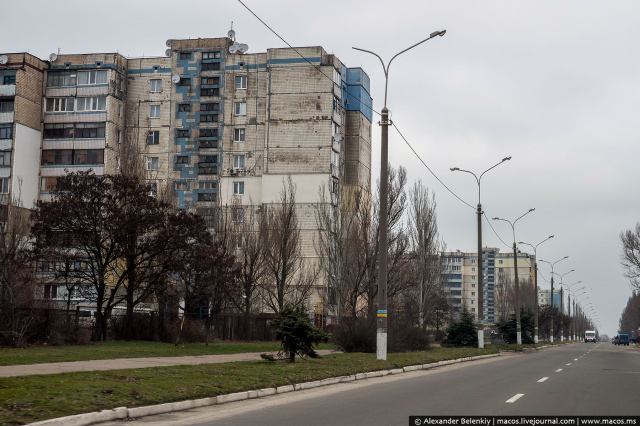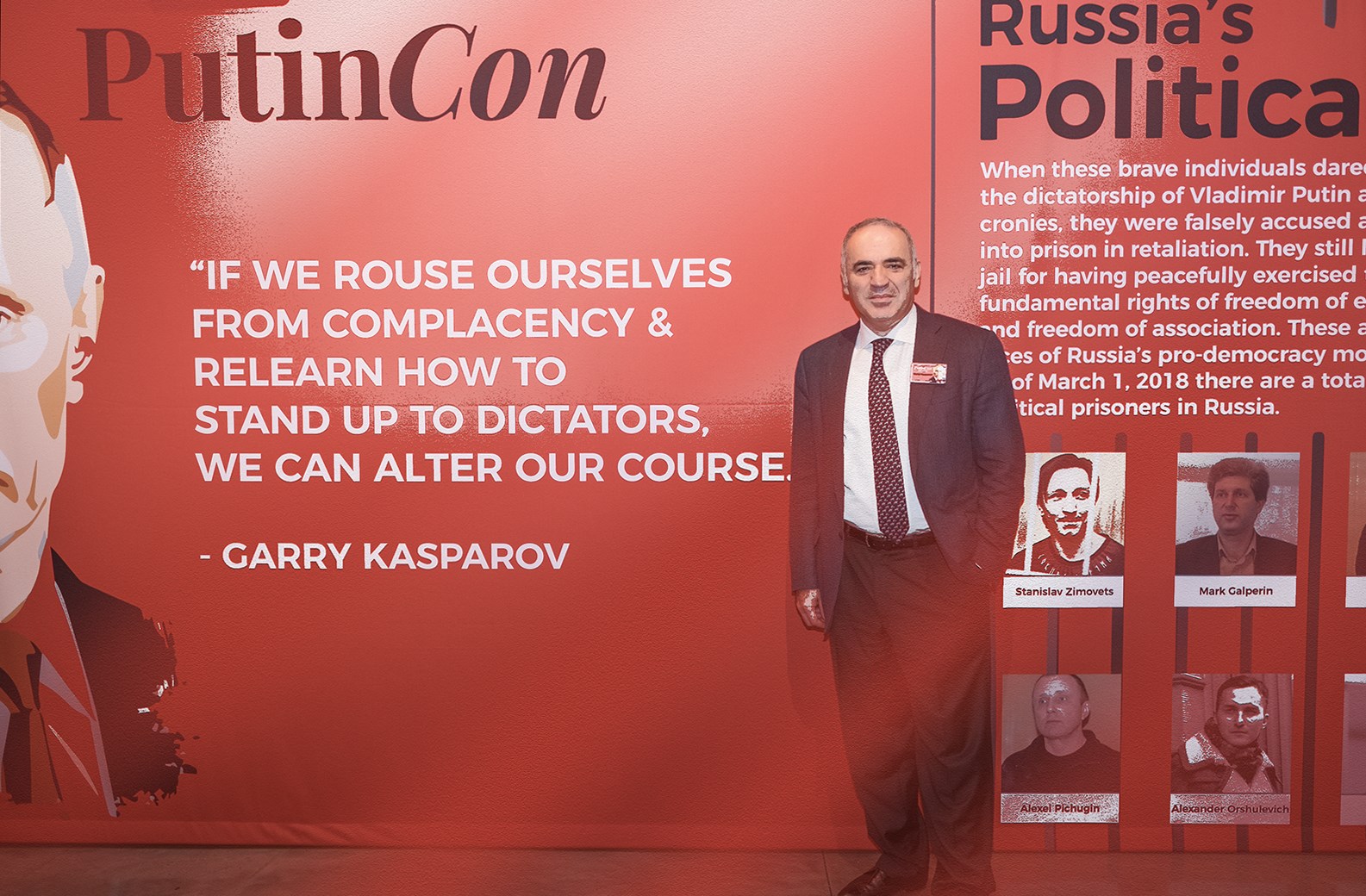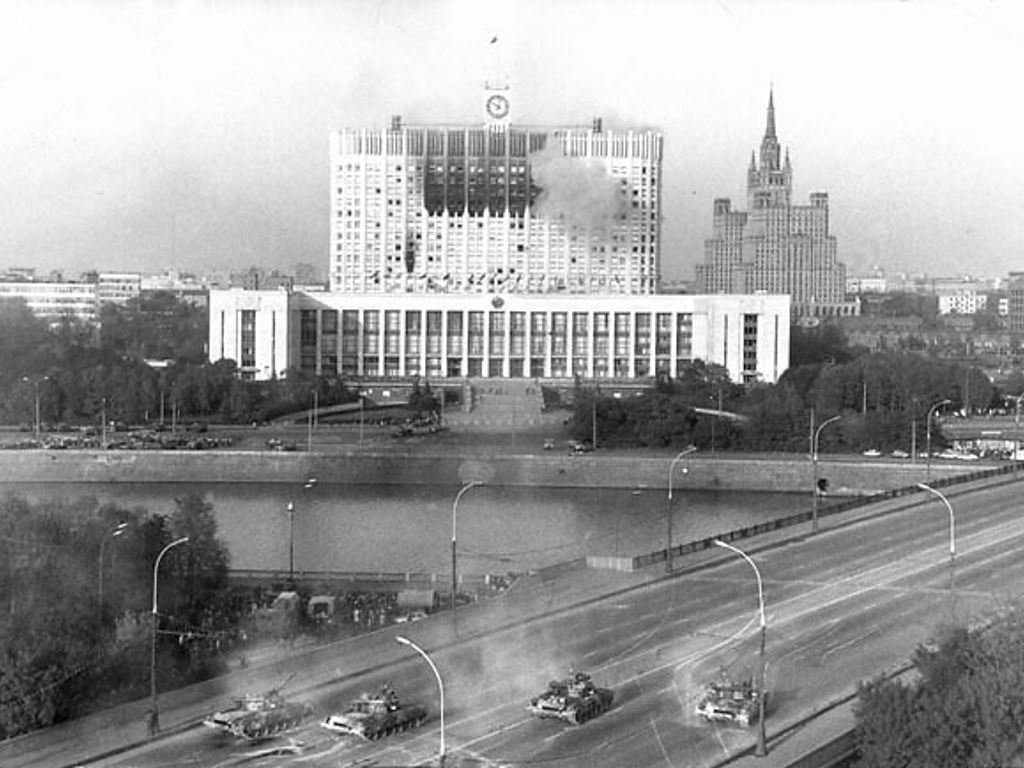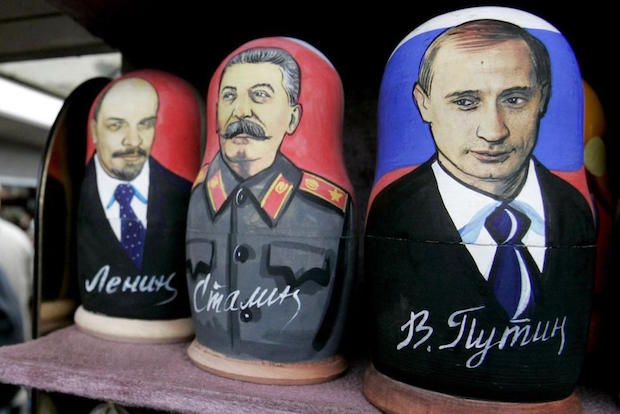For the last few years, Ukraine has been all over the news due to its two prominent features: a passionate, idealistic desire to defeat corruption, and the corruption’s resistance.
The whole world witnessed how during the Euromaidan demonstrations in the winter of 2013-2014, young people died on the streets of Kyiv for the ideal of a modern, uncorrupted, democratic European country. This significant (and desperate) gesture sparked hope for a prosperous Ukraine across the globe, including within political institutions.
It was not long till hope was replaced with overwhelming disappointment. The news coming from Ukraine lately make an average European think about giving up on Ukraine: apparently, democracy and justice will never prevail there, why waste resources? Moreover, why cut bonds with Russia for a country where criminality and injustice flourish? Why help a country that does not want to help itself? Corruption in Ukraine might seem like an incurable disease and one might be tricked to believe that it is not the corrupted individuals in power, but the nature of power in Ukraine that is corrupt, no matter who represents it. Is this really so? Let’s look closer at the duality of Ukrainian reality and see what is at stake when one tries to battle corruption.
The Soviet mark

Ukraine does not have a history of gradually developed democracy shared by Western countries.
Between 1917-1991, millions of Ukrainians were tortured and killed because they dared to raise their voice against the Communist dictatorship. Primarily, these were artists, writers, scholars, but also ordinary people.
If such a culture exists, as it does in developed democracies, those wielding power realize that it comes with responsibilities, the government takes a responsibility for the well-being of its people and aims to improve their lives. In Ukraine, however, many politicians believe that government is a sweet place where one has an unlimited access to the state coffers.
The origins of corruption

What is the history of corruption in Ukraine? Until the collapse of the Soviet Union, Ukrainians were “equally poor” with little social inequality. In 1991, the Soviet Union broke up. Factories and other state property belonging to the Ukrainian Soviet Republic were privatized by those close to the Soviet leaders, not least thanks to their knowledge of insider information. The price they paid was at times absurdly low, but the income such businesses generated was huge. This is how they became rich overnight, they used their money to buy or establish media sources and to infiltrate into the government as well as into the law-making mechanisms.
Thus, many of them entered politics to secure their own position in the new post-Soviet reality. They came to power and legalized themselves as the authorities. These are the roots of oligarchs in Ukraine.
Simultaneously, the country started moving westward. Ukraine declared it was pursuing peaceful international relations and an overall democratization. In 1994 Ukraine gave up nuclear power, in 1995 it became a member of the Council of Europe and thus committed itself to the protection of human rights. Finally, in 1998 Ukrainian authorities declared a course towards European integration. Whether or not they really wanted such an integration to happen remains an open question. Most likely, a seemingly pro-western development was used to pacify Ukrainians and give them hope, while those in power continued packing state money into their own wallets.
However, a new generation was being raised with full access to European values, culture, and reality.
People saw that another life, uncorrupted and fair, is possible.
Young people got a possibility to travel, study foreign languages, and received access to western media. Many went to study abroad and either returned to Ukraine with the desire to implement changes or continued to promote Ukraine from abroad. The Ukrainian government chose integration in the field of education because it was one of the less vulnerable fields for such integration and could be used to show to the whole world the “seriousness of the intention for democratization.”
Corruption as a part of life
In Ukrainian reality, corruption is a part of life. People are used to bribing authorities: teachers, doctors, judges, traffic policemen, and so on. Moreover, Ukrainians are used to their government being corrupt. And the corruption prospers as long as there is a belief “everyone does it.” It becomes part of the system, and refraining from it becomes difficult (although not impossible). Imagine a situation where a tax authority comes and says: “We know you paid all your taxes. But we need to take a bribe from you, because I am expected to give this bribe further, to those above me.”
One is more likely to choose to give a bribe sooner than to lose their business. Or, an even more common example: imagine that life of a relative is in danger, but doctors will only operate him immediately if you give “a present.” Without it, your relative is #137 in the queue for such a type of operation. This does not happen all the time and everywhere, but it still happens.
Besides, corruption is not only bribery but the whole range of “dependence relationships” conditioned by the personal contacts in combination with the abuse of power. What is worse, when the (young) person wants to get a job within the government, he or she is supposed not only to be lucky to know the “right” person responsible for the recruitment but also to be well connected and ready to become “part of the system”. Corruption is a part of life and one is forced to go along with it.
In these terms, the old system excludes justice and therewith dignity for which the young generation fights since early 2000. Nevertheless now, Ukrainians know that another way of living, uncorrupted, the living in dignity is possible. The Euromaidan Revolution of 2014 was the new Ukrainian generation's attempt to manifest these values. They share values of social responsibility, and now they have an opportunity to make an impact – in government and through civil society mechanisms: former activists became members of Parliament and deputy ministers; more and more youngsters establish NGOs, like Reanimation Package of Reforms, Ukrainian Crisis Media Center, Stopfake, Donbas SOS, Temple Misto etc. These are the ones who believe in real change and these are the ones that have to be believed in and supported by Europe.

)

Read also:
- Ukraine's fight against corruption, explained
- What Ukrainians really think: 10 key insights from Ukraine’s 2017 opinion polls
- Ukrainian millennials: apolitical, with family values, and a bit more pro-democracy than Western peers
- Ukraine makes progress in media freedom, but oligarchs still run the show
- Oligarchs: good old buddies who own Ukraine





